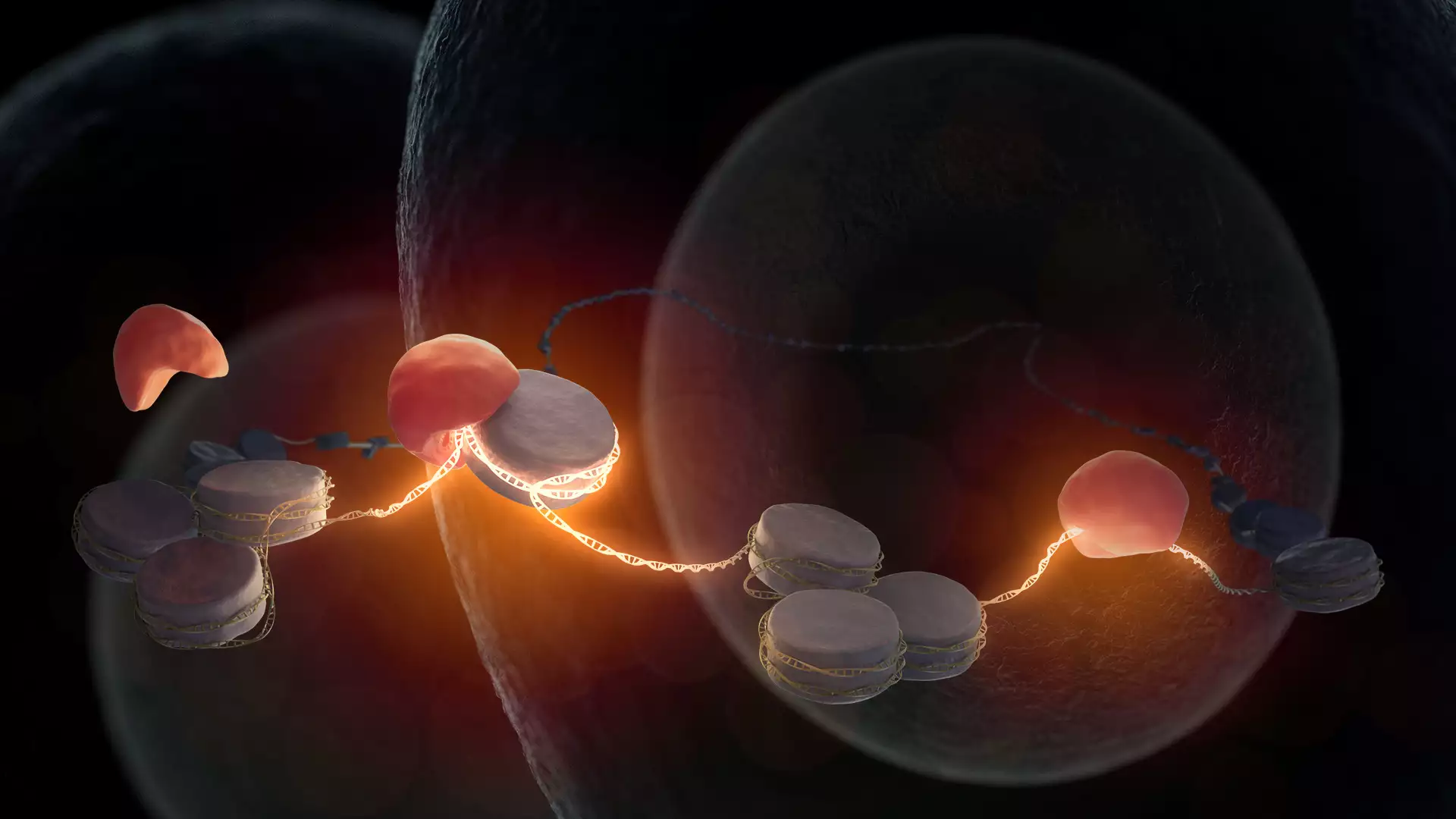Awakening the genome

Fertilization of an egg by sperm is the beginning of new life. The maternal and paternal genetic information, which collectively store the body plan of the living being, are combined soon after fertilization. However, the DNA is still in an inactive state in the cell nucleus at this early stage of life. While the first division of the fertilized egg cell functions with the help of maternal factors stored in the egg, further development of an embryo requires access to the embryonic DNA to facilitate the synthesis of new embryonic products. It was hitherto not known which factor or factors are required for opening of DNA in mammalian embryos. Kikuë Tachibana and her team at the Max Planck Institute of Biochemistry (MPIB) have now discovered that pioneer factor Nr5a2 awakens the embryonic DNA. The research results were published in the journal Science.
The beginning of life is a fascinating process in biology. The female egg cell is fertilized through fusion with the male sperm cell. The resulting single-cell embryo forms the basis for the development of an entire organism. What molecular processes take place on the DNA of a fertilized egg to enable this special cell to have the potential to generate a new organism? Kikuë Tachibana, director at MPIB and head of the research department ‘Totipotency’, is investigating this question together with her research team using the mouse model.
